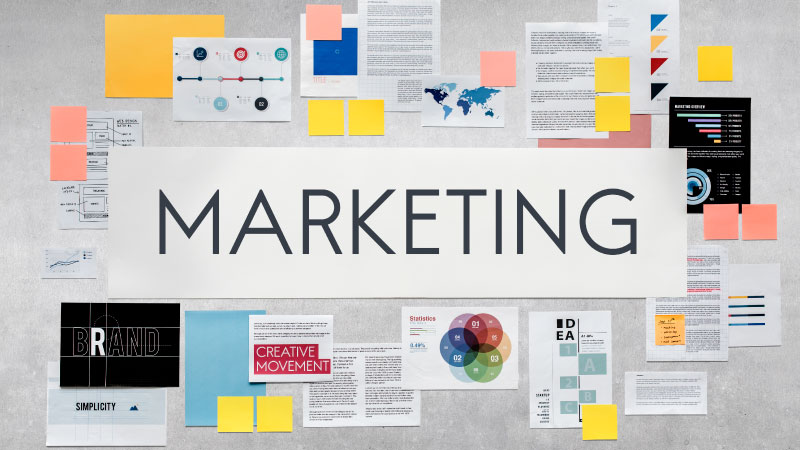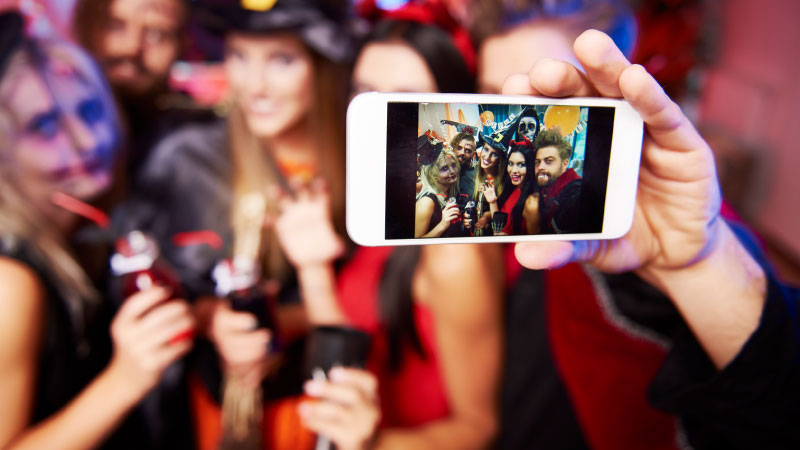Event marketing is a strategic approach used by marketers to promote a brand, product, or service through in-person or real-time engagements. These events, which can be either online or offline, offer companies the opportunity to host, co-host, participate in, or sponsor various types of events. The ultimate goal of event marketing is to connect with an audience, showcase a brand, and drive impactful results.

Benefits of Event Marketing
1. Building Brand Awareness:
Events are an excellent way to establish and build a brand’s presence. By participating in or hosting events, companies can differentiate themselves in a competitive marketplace. For example, participating in high-profile events like Dreamforce or Fashion Week allows brands to associate with influential ecosystems and target audiences, thereby enhancing their visibility and credibility.
2. Increasing Customer Engagement:
Events provide a unique platform for creating authentic connections with consumers. Engaging customers in memorable experiences fosters emotional ties to the brand, which can lead to increased loyalty and word-of-mouth promotion. Campaigns like Lean Cuisine’s #WeighThis event demonstrate how personal storytelling can enhance customer engagement and brand connection.
3. Generating Leads:
Conferences and industry events are fertile ground for lead generation. Companies can engage with their target audience, understand their pain points, and facilitate their decision-making process. Tools like demo stations, speaking sessions, and social media interactions help capture qualified leads’ information for follow-up after the event.
4. Educating Prospects and Customers:
Events offer valuable educational opportunities. Whether through booth demos, informative presentations, or hands-on training sessions, companies can demonstrate their expertise and showcase how their products or services address specific pain points. Online events like webinars and live streams further extend educational reach, offering interactive learning experiences.
5. Upselling Customers:
Upselling is often a natural extension of customer education. By listening to customers’ needs and demonstrating relevant product features, companies can present new offerings that may require an upgrade or additional purchase. This approach builds trust and positions the upsell as a helpful solution rather than a sales pitch.
Types of Marketing Events
Online Marketing Events:
- Webinars: Interactive sessions that facilitate engagement through product demos, presentations, and discussions.
- Live Streaming Events: Real-time broadcasts that allow remote viewers to engage with presentations and behind-the-scenes content, enhancing transparency and brand authenticity.
In-person Marketing Events:
- Trade Shows: Industry-specific gatherings focused on lead generation and brand awareness.
- Conferences: Company-specific events that deliver information about new products and services through multiple sessions and speakers.
- Meetups: Local events geared towards networking and relationship-building with a targeted audience.
- Appreciation Events: Exclusive gatherings for top customers to increase satisfaction, retention, and referrals.
Roles in Event Marketing
Hosting:
Hosting an event allows a company to increase brand awareness and reach its target audience directly. Considerations include understanding the customer base, partnering with non-competing businesses, promoting the event, collecting leads’ information, and measuring ROI.
Sponsoring:
Sponsorship provides access to an engaged audience, builds brand awareness, and facilitates networking opportunities. Flexible sponsorship options can be tailored to meet specific objectives and budgets.
Speaking:
Securing a speaking slot positions company executives as thought leaders and trusted resources. Presenting on relevant topics helps establish credibility and fosters networking opportunities.
Post-Event Strategies
Effective follow-up is crucial to maximizing the impact of event marketing. Personalized and timely email outreach, including offers or content relevant to the prospect’s interests, helps maintain momentum and drives conversions. A/B testing various elements of the follow-up process can further optimize engagement and results.
Event marketing is a versatile and powerful strategy for connecting with audiences, building brand awareness, and driving business results. Whether through online or in-person events, marketers can create meaningful interactions that foster loyalty, generate leads, and educate prospects. By strategically planning and executing event marketing campaigns, companies can achieve significant impact and long-term success.




